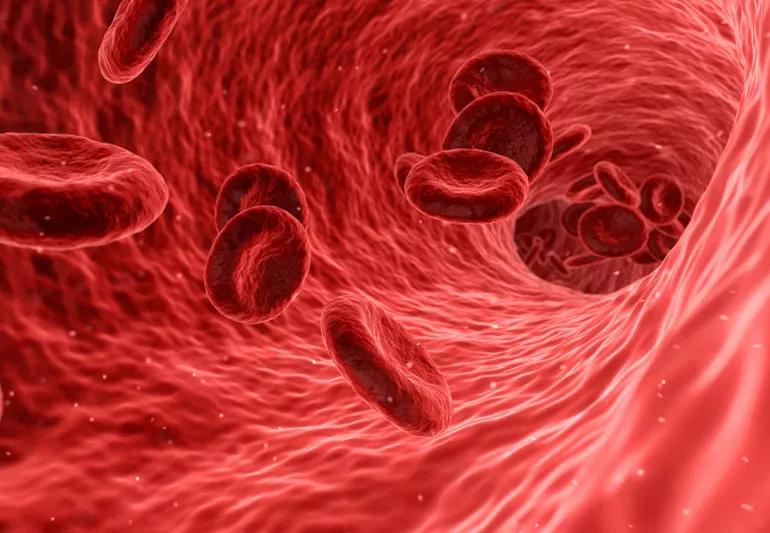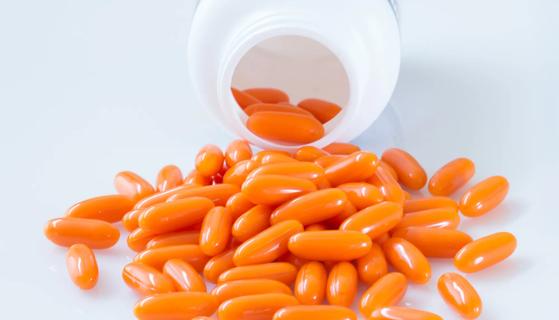Advertisement
The short answer from a cardiologist

Q: Can chelation therapy — chemicals that traditionally have been used to treat heavy metal poisoning — “clean out clogged arteries” as an alternative to coronary artery bypass surgery or interventional procedures such as angioplasty or a cardiac stent?
Advertisement
Cleveland Clinic is a non-profit academic medical center. Advertising on our site helps support our mission. We do not endorse non-Cleveland Clinic products or services. Policy
A: The short — and resounding — answer is no.
Chelation to treat heart disease is a notorious form of quackery. It is potentially dangerous and the people offering this therapy do not have their patients’ best interest at heart.
Chelation therapy removes heavy metals such as lead and iron from the bloodstream by binding to them and getting excreted through urine. Advocates of the therapy say they believe that the chemical cocktail also can remove plaque, or fatty deposits, from clogged arteries through the same mechanism. However, this theory remains unproven. Chelation also has the potential to cause health complications, up to and including death.
Chelators were even being marketed for home use. The Food and Drug Administration (FDA) has warned several companies that they’re breaking the law by marketing these therapies to consumers. Chelation therapy is only FDA-approved for treating metal toxicity and all approved chelating drugs require a prescription.
Evidence from a 2012 study presented at the Scientific Sessions of the American Heart Association supported the fact that chelation can do more harm than good — and the idea still stands today. The FDA hasn’t approved chelation therapy for use as a heart disease treatment and the AHA and American College of Cardiology agree that it’s uncertain that chelation therapy is a viable form of treatment.
Advertisement
From serious complications to even death, this controversial therapy remains unproven for treating heart disease. Talk to your doctor about safer treatment alternatives.
— Cardiologist Steven Nissen, MD
Advertisement
Learn more about our editorial process.
Advertisement

There’s not enough evidence to show that this supplement has any effect on muscle aches from cholesterol-lowering meds

Erythritol is found in a range of “diet,” “sugar-free” and “keto-friendly” foods — but research has linked it to heart attack and stroke

Although allulose is an FDA-approved sugar substitute, more research is needed to understand its safety

Studies show those who walk faster tend to have a lower risk of heart disease

Recognizing subtle symptoms, like cold sweats, stomach discomfort and nausea, could be the key to survival

Statin use has been associated with weight gain but the reasons aren’t clear — and the benefits of statins far outweigh the risks

Some statins have been shown to slightly increase your risk of diabetes — but that shouldn’t keep you from taking the medication you need

Research points to an association between the health of your gums and cardiovascular disease

If you’re feeling short of breath, sleep can be tough — propping yourself up or sleeping on your side may help

If you fear the unknown or find yourself needing reassurance often, you may identify with this attachment style

If you’re looking to boost your gut health, it’s better to get fiber from whole foods